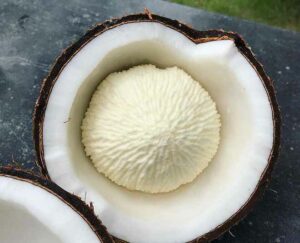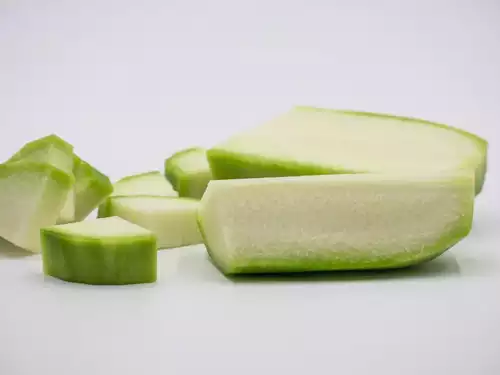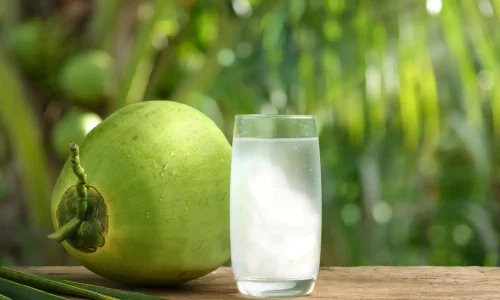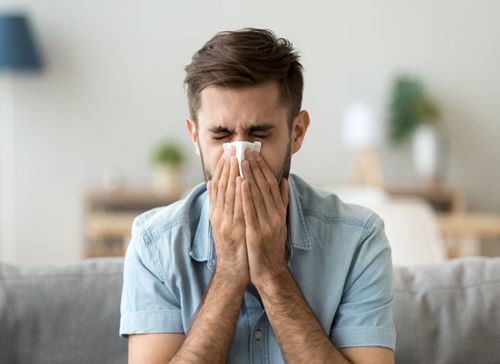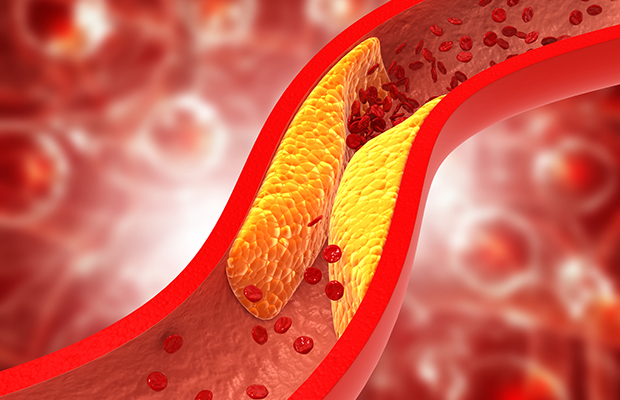In this period of vast amount of online information available on health and healthy living, people find themselves lost in this rat race to health and too overwhelmed to begin their journey towards a healthy living. Ayurveda believes primarily in digestion to improve your overall health. Ayurveda can help you in achieving good health and according to Ayurveda, the following are the Signs of good health Vata, Pitta, and Kapha in perfect balance Efficient working of all tissue systems (blood, bone, muscles, etc.) Good digestion and elimination Clarity of sense organs (eyes, ears, nose, etc.) Pleasant, happy mind and soul In order to achieve these aspects of good health, Ayurveda recommends you to start by getting into a routine. Ayurveda suggests a simple morning routine that includes the following steps: Step 1: Wake up early in the morning (ideally before sunrise or with sunrise) as this is the natural Vatakala that helps your body to push your bowel movements down. Step 2: Brush your teeth with Ayurvedically compliant toothpaste as most toothpaste available in the market has a sweet taste and Ayurveda does not recommend this. Ayurveda recommends toothpastes to taste like Katu (Spicy), Tikta (Bitter) and Kashaya (Astringent taste). Step 3: Tongue scrapping using copper or steel tongue scrapper, however, refrain from using plastic ones. Step 4: Oil pulling (holding oil in your mouth). Ayurveda recommends organic black sesame oil or hot water or even milk but strongly discourages the usage of coconut oil. Step 5: Drink warm water or water infused with herbs. Step 6: Abhyanga (oil massage) for at least 4 to 5 minutes. Standing out in the Sun during Abhyanga can help improve Vitamin D levels in your body. After Abhyanga, you should move your joints; light physical activity like Yoga is advised for your physical well-being. Step 7: Warm or room temperature shower. You should make sure not to let warm water fall on your head or scalp as this will lead to hair loss and hair fall. Step 8: A warm, nourishing, freshly cooked breakfast. Creating a simple morning routine will enable you to take the first step towards good health. If you are struggling with any health issues, you can either book a consultation with us or send us a message via WhatsApp to +91 79074 89839. We have the best Ayurvedic doctors in Trivandrum who are always glad to help you. If you have any queries, contact us. You can also visit us at our hospital.
Health Signs in Ayurveda

